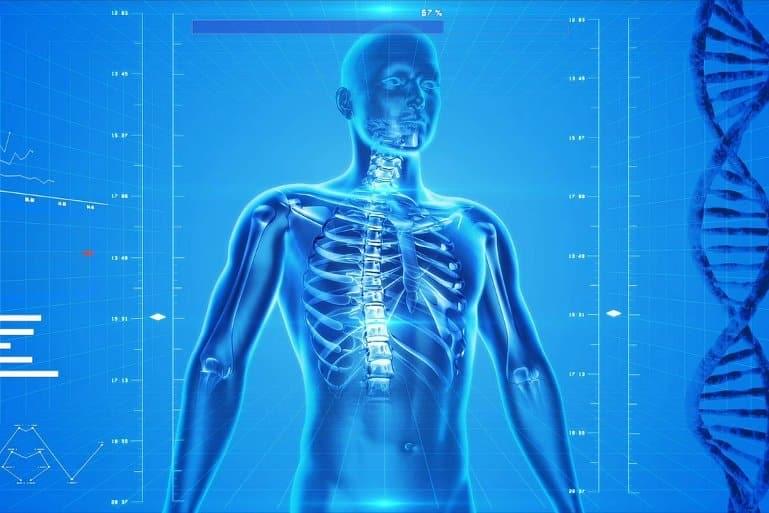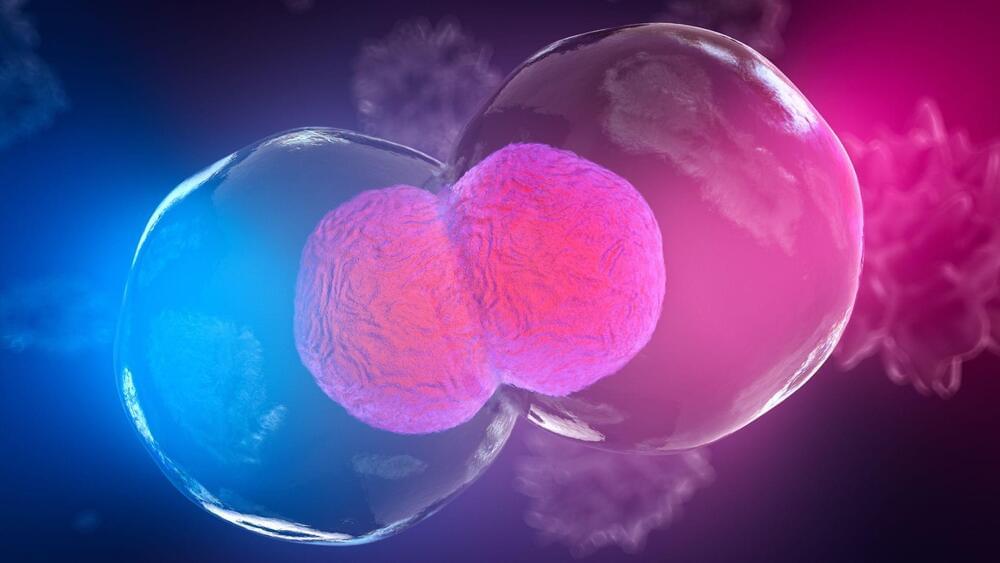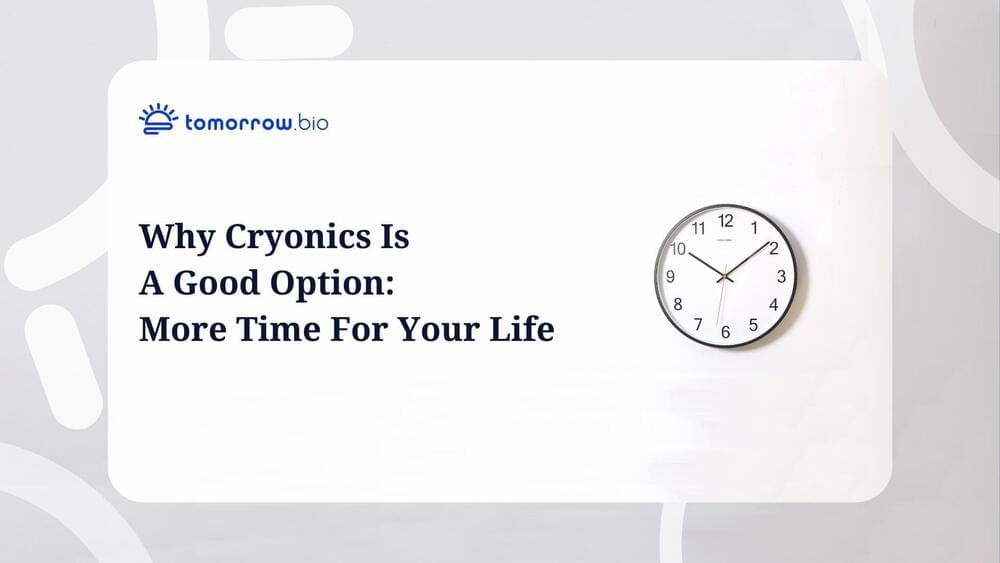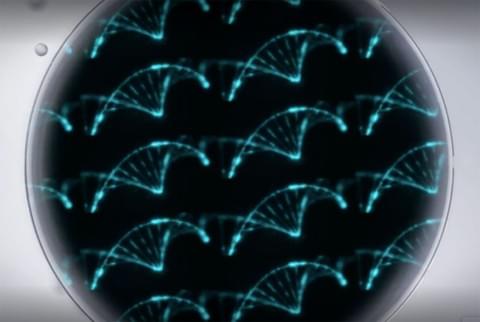
Mayo Clinic researchers found a noncellular substance suggested improvement in restoring muscle function and bladder control in preclinical models. The teams of Atta Behfar, M.D., Ph.D. and Emanuel Trabuco, M.D., led this research in a collaboration between Mayo Clinic Departments of Cardiovascular Medicine and Obstetrics and Gynecology. The paper is published in NPJ Regenerative Medicine.
“Surgical treatment for stress urinary incontinence, a condition afflicting 25 million women, has significantly declined over concerns about negative side effects,” says Dr. Trabuco. “This has led many women to delay therapy and suffer needlessly. We hope to develop a minimally invasive, noncellular, exosome-based approach to muscle regeneration for urinary incontinence that not only targets the underlying cause of the condition but also avoids the problem with invasive surgical options presently available.”
The research team used regenerative purified exosome product, known as PEP, derived from platelets to deliver messages into the cells of preclinical models. Exosomes are extracellular vesicles that are like a delivery service moving cargo from one cell to another, with instructions for targeting exact tissues that need repair. The study suggests that the use of purified exosome product alleviates stress urinary incontinence from musculoskeletal breakdown in animals. The team did not detect any infection or off-target toxicity with application of PEP.


















